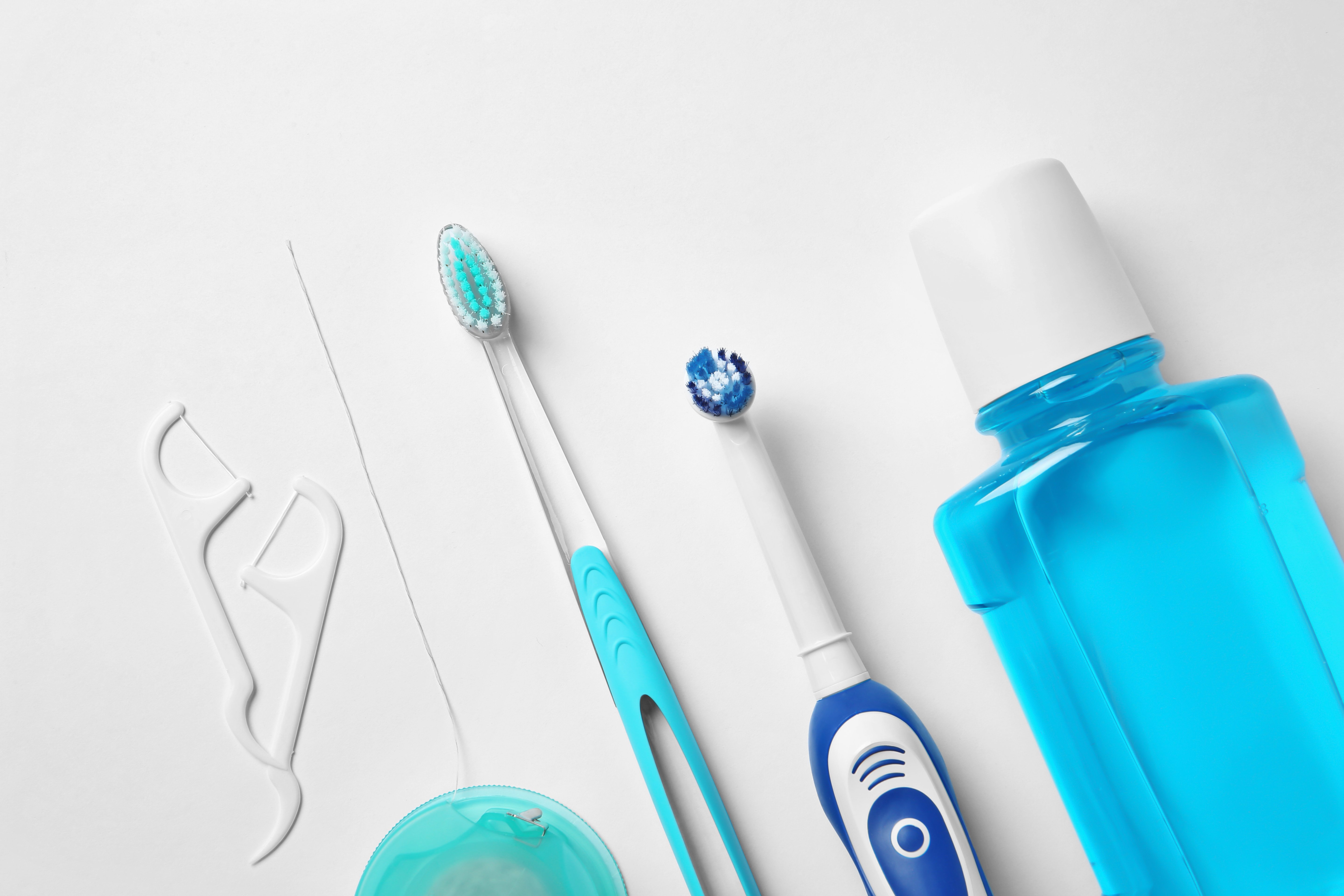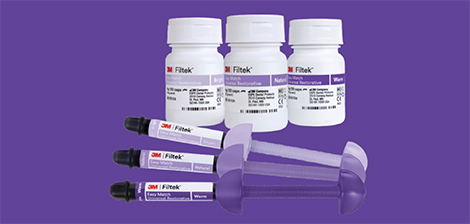Oral Hygiene & Prevention
Good oral health is fundamental to the overall wellbeing of our patients – a fact that powers the oral hygiene market and raises the bar for development in the products that help dental teams help patients maintain healthy teeth and gums.
Innovation, research and digital technology have merged to create opportunities for a wealth of new oral hygiene products, which improve the delivery of dental care.
As dentistry advances and our life expectancy increases, the emphasis changes and today’s dental team are much more focused on promotion and prevention than restoration. The scientific evidence certainly suggests a need to educate patients on how best to keep their teeth throughout life – in the methods and the products used.
With the emphasis on promotion of good oral care habits and prevention of disease comes new and exciting products that embrace digital technologies to ensure longevity of health and confident smiles.
However, over this same period of time there have other developments less positive. Fundamental changes to our diets and lifestyles that include a greater consumption of sugar (in food and drinks), fats and processed food and indulgence in alcohol as well as an emphasis on snacking and grazing conspire to do damage to dental health and overall wellbeing.
Dentists, hygienists and therapists therefore need to be prepared to re-educate and not just educate patients about their lifestyle habits and choices.
More recently, the pandemic has had a hugely negative impact on the regularity of attendance at dental practices and this too has undermined the preventive ethos.
Throughout the various lockdowns, the more forward-thinking dental teams took to social media to harness its power of communication and keep patients in the loop. Posts on Instagram and Facebook reminded them of the need to look after their teeth during the pandemic when access was difficult, and there were many creative ways teams advised their followers on what at-home products they could purchase to help in their endeavours to keep a great smile – and how.
Beauty and sustainability
Digital technology has fuelled the beauty industry and this now includes dentistry with a greater emphasis on the desire to have a perfect smile.
These days, the oral care market is increasingly focused on aesthetics – a factor that is especially important to younger generations in a world where enhancing our appearance has never mattered more.
Indeed, oral care is predicted to be the next major beauty and wellness trend, fuelled ironically by a period of time where mask wearing has figured in all of our lives and face-to-face interactions have been kept to a minimum.
According to the Oral Health Foundation, one in 10 adults in the UK say video conference calls have heightened their awareness of their smile. However, often dental teams are only seeing patients when they are in pain or when they are seeking more cosmetic procedures. Sometimes, therefore, achieving the ‘foundations’ of healthy teeth and gums must be addressed before any more complex courses of treatment can commence.
So, there remains a very real need to continue changing the mindset of patients about how best to maintain their oral health – in their lifestyle choices as well as with an emphasis on the importance of regular attendance to a dentist or dental hygienist and therapist and the tools they use at home. To this aim, the National Smile Month initiative that takes place every May/June continues to help dental teams raise public awareness of the importance of looking after their teeth and gums.
Home oral hygiene habits – and how it affects dentists, hygienists and therapists
As we know, the internet is a bane as well as a boon. With a propensity for ‘fake news’ and offbeat solutions to health problems that go viral, when it comes to dentistry it can be a dangerous source of misinformation that come with health risks, particularly when it comes to tips, hacks and product recommendations for enhancing a smile.
Influencers and viral videos sharing incorrect advice can be a huge challenge and dentists, dental hygienists and therapists often have to unpick fact from fiction and debunk myths whilst offering evidence-based professional guidance.
In-clinic samples or tools, such as fluoride toothpaste, interdental brushes, disclosing tablets and water flossers for example, can help in their endeavours to redirect patients to safer, more effective oral hygiene choices.
Additionally, time set aside during each appointment to discuss the best products on the market tailored to each patient can prove invaluable. A dental nurse trained in oral health education is ideally placed to offer this.
Eco-friendly and sustainability
Ensuring a better world for the future also matters to today’s consumer, which means dental teams have a part to play in changing the purchasing choices of patients. This includes raising awareness of more eco-friendly oral hygiene options. Dentistry itself has a huge carbon footprint and dentists arguably have a responsibility to minimalise their impact on the environment.
More recently, oral health companies have stepped up to ensure their ranges include ‘greener’ choices. Toothpaste tabs and biodegradable bamboo toothbrushes are now more readily available, with TePe leading the way in sustainably produced items, such as the UK’s first plant-based plastic toothbrush and tongue cleaner and a mini flosser made from sugar cane, wood fibres and Teflon-free floss.
By discussing sustainable and/or recyclable oral hygiene products in all patient communications, teams can guide them to making personal choices that help to contribute towards a better, more environmentally friendly world.
Effective oral care conversations can make a huge difference to patient health, patient outcomes and practice profits. Once patients have achieved good oral hygiene then discussions can take place about the cosmetic options available to them.
Arming patients with key information, high quality care and details of cutting edge at-home oral hygiene products will help them sustain their smiles and help prevent systemic disease, such as associated cardiovascular problems and diabetes, to ensure a healthy patient in the long term.
Not only are a practice’s oral hygiene services important to the overall health and wellbeing of patients, but they help grow the business, too.
Having new products on the market available in clinic can also help. Smart toothbrushes that use artificial technology (AI) technology and sensors to guide patients to better brushing techniques and track progress, as well as apps and timers that connect to smartphones that can be shared with clinicians have forever changed the landscape of oral hygiene products.
These products can enhance the clinician-patient relationship to the point where great results can be achieved at home – often at the touch of a button .
So, staying abreast of new innovations and remaining up to date on fresh research ensures the high-quality prevention of disease, the reduced risk of costly restorative procedures and a happy client base. In turn, they are more likely to recommend you if they achieve and maintain a healthy smile.
New patient recommendations are the bedrock of a successful dental business – and testimony to your delivery of care.




